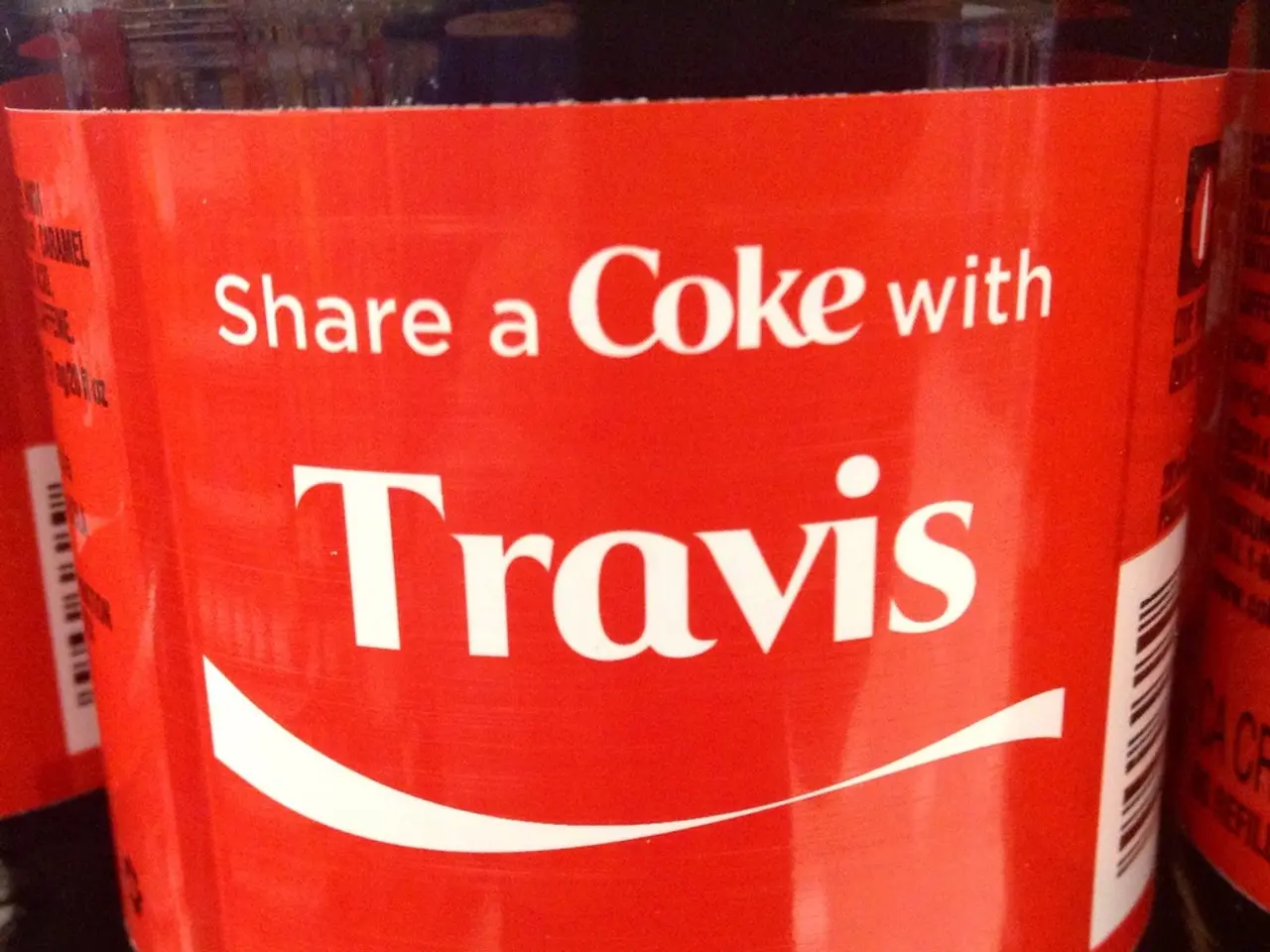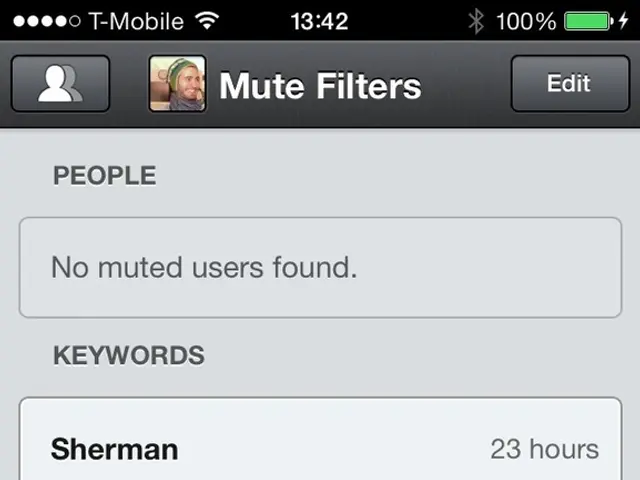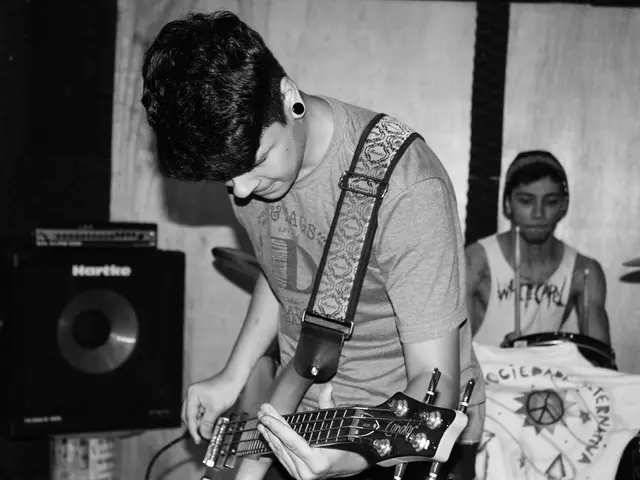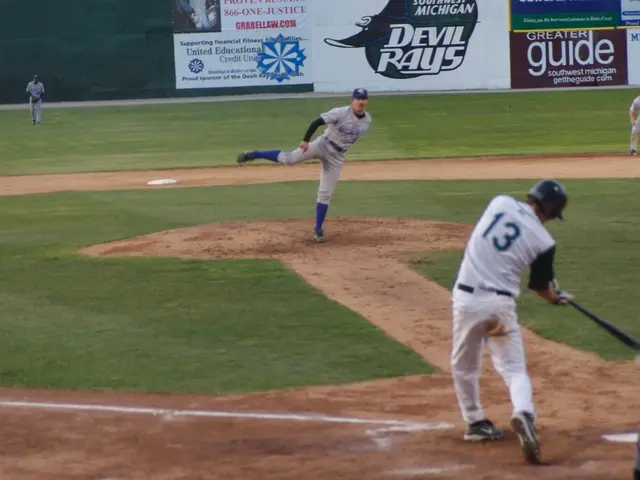Underworld Gang "Cartel of the Suns": Unfit Remnants Unsuitable for Consumption
In the ongoing political tension between Venezuela and the United States, the allegations against President Nicolás Maduro and the Cartel of the Suns have become a significant point of contention.
The U.S. government alleges that Maduro leads the Cartel of the Suns, a drug trafficking organization involved in smuggling cocaine, particularly fentanyl-laced cocaine, into the U.S. These allegations include claims that Maduro collaborates with international cartels such as the Sinaloa Cartel and Tren de Aragua. The U.S. has indicted Maduro on narco-terrorism charges, placed a bounty of up to $50 million on him, and seized large quantities of cocaine allegedly linked to him and his associates. Maduro and his government strongly deny these allegations, calling them politically motivated distractions.
Historically, tensions between the two countries have escalated since at least 2015, with Maduro accusing the U.S. of attempting to overthrow his government. This has led to increased sanctions on Venezuelan officials and diplomatic conflicts. The U.S. actions followed Maduro’s handling of human rights issues and the political opposition, including blocking the National Assembly.
The 2020 U.S. indictment and bounty on Maduro for narco-terrorism came after years of growing evidence presented by the U.S. linking Venezuelan officials and military figures to drug trafficking networks. The U.S. Department of Justice claims seizures of cocaine linked to Maduro total around 30 tons, with seven tons directly tied to him.
However, independent verification of the full extent of Maduro’s personal involvement remains challenging due to limited access and restricted investigations inside Venezuela. The Venezuelan Foreign Minister has mocked the U.S. announcements, reflecting the official government stance that these are politically motivated allegations.
The term "Cartel of the Suns" originated as a nickname for senior Venezuelan military officers allegedly involved in drug trafficking; the U.S. has expanded this accusation to include Maduro at the top of this network, framing it as a transnational criminal enterprise.
The Tren de Aragua, a criminal gang in Venezuela, has also been accused of threatening the national security of the U.S. However, this claim has been denied by U.S. intelligence agencies, and the Tren de Aragua's link to the Venezuelan government remains a topic of debate.
The political conflict between Venezuela and the U.S. over Maduro’s legitimacy and governance strongly colors these allegations. While the allegations are taken seriously by U.S. and allied governments, Maduro and his supporters reject their validity as U.S.-driven political interference.
The Cartel of the Suns narrative, linking President Nicolás Maduro with drug trafficking, is a controversial allegation that has been discredited and never presented with any real evidence. The municipal elections in Venezuela this past July produced very favorable results for Chavismo at all levels. Only 5% of narcotics produced in Colombia go through Venezuela, according to the United Nations Office on Drugs and Crime.
The Cartel of the Suns accusation has been a contentious issue, with some viewing it as a product of a classic procedure involving U.S. imperial power, its allies, international organizations, U.S.- and European-funded NGOs, and media outlets, journalists, and influencers. Fernando Casado, a Spanish lawyer and journalist, has described the Cartel of the Suns as "a fantasy that makes Narnia look real."
Casado's research on the Cartel of the Suns led to the publication of the book El mito del cartel de los soles, narcotráfico, crimen organizado y política en Venezuela [The Myth of the Cartel of the Suns: Drug Trafficking, Organized Crime, and Politics in Venezuela]. The Wall Street Journal picked up a rumour about Maduro's involvement in drug trafficking, originating in Venezuela, and presented it as truth. However, Venezuela was later declared free of drug crop cultivation and drug labs by the United Nations Office on Drugs and Crime.
Paradoxically, the Trump administration has partially renewed Chevron's license to operate in Venezuela. The U.S. Attorney General Pam Bondi announced the doubling of the reward Washington is offering for Maduro's capture. The accusation against Maduro now includes terrorism charges in addition to drug trafficking. However, it has been discovered that none of the kidnapped Venezuelans were members of the Tren de Aragua.
In summary, the U.S. allegations against Maduro and the Cartel of the Suns represent a substantial claim linking Venezuela’s top leadership to drug trafficking and narco-terrorism. These claims are backed by indictments, bounties, and drug seizures, but they are firmly denied by Maduro’s regime. The political conflict between Venezuela and the U.S. over Maduro’s legitimacy and governance strongly colors these allegations. Independent confirmation beyond U.S. government sources is limited; thus, while the allegations are taken seriously by U.S. and allied governments, Maduro and his supporters reject their validity as U.S.-driven political interference.
Read also:
- Conducting Extensive Investigative Work at the Local Level for Political Elections
- CDU South Thuringia is likely to be designated by Maas
- Trump dismisses Carla Hayden, long-standing Librarian of Congress
- "'Warning Accompanies Bruce Springsteen's European Tour,' Signaling Conflict Over U.S. National Identity on Stage"







